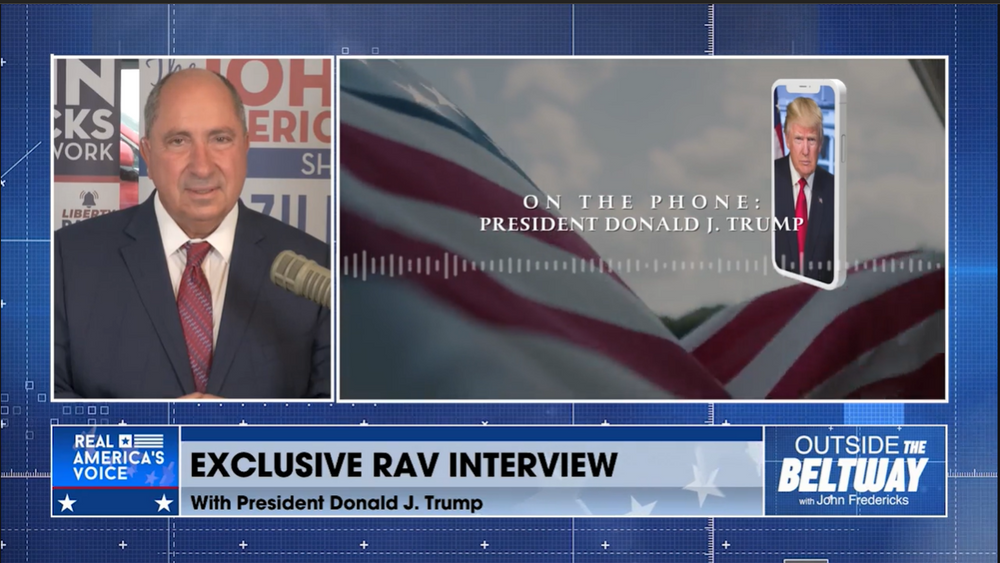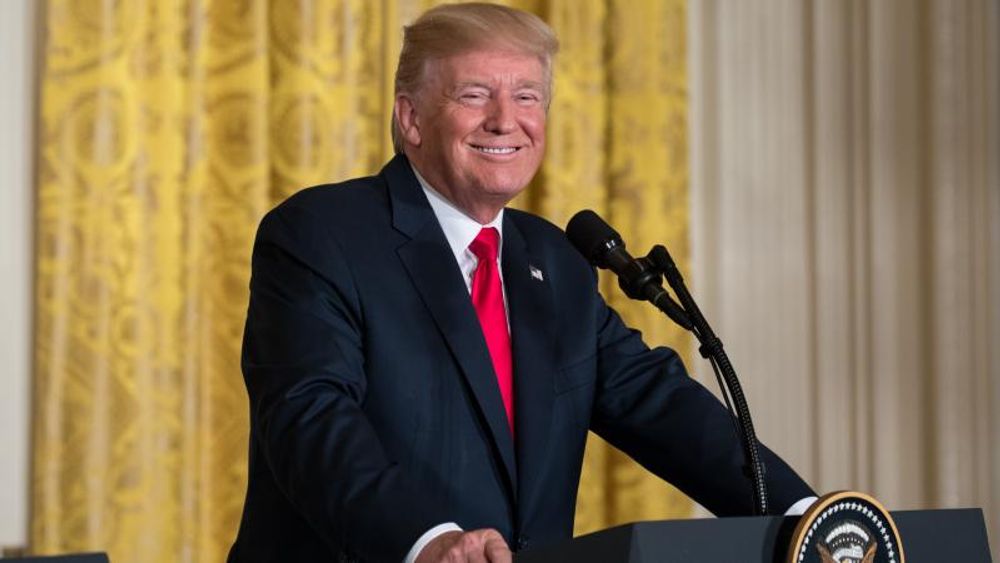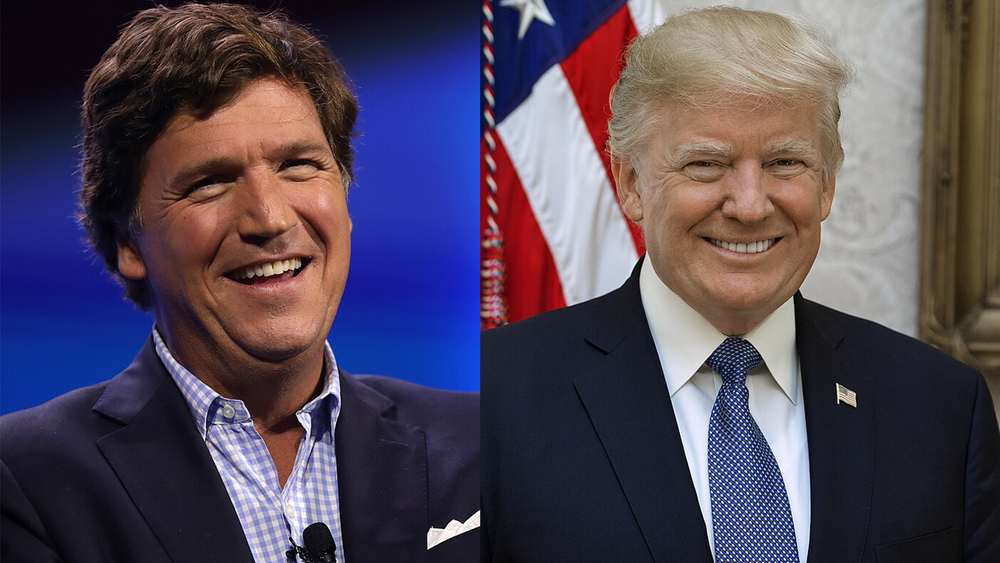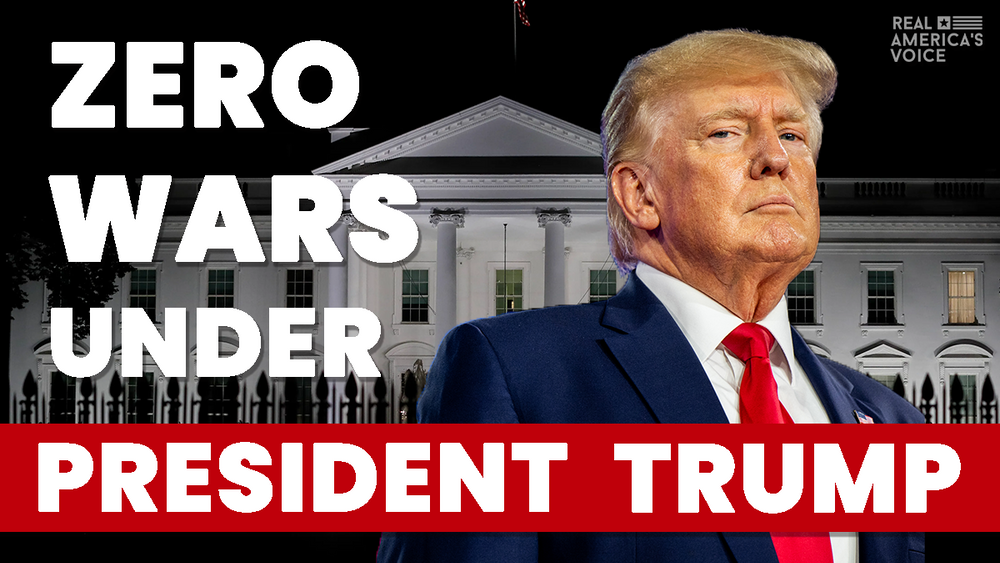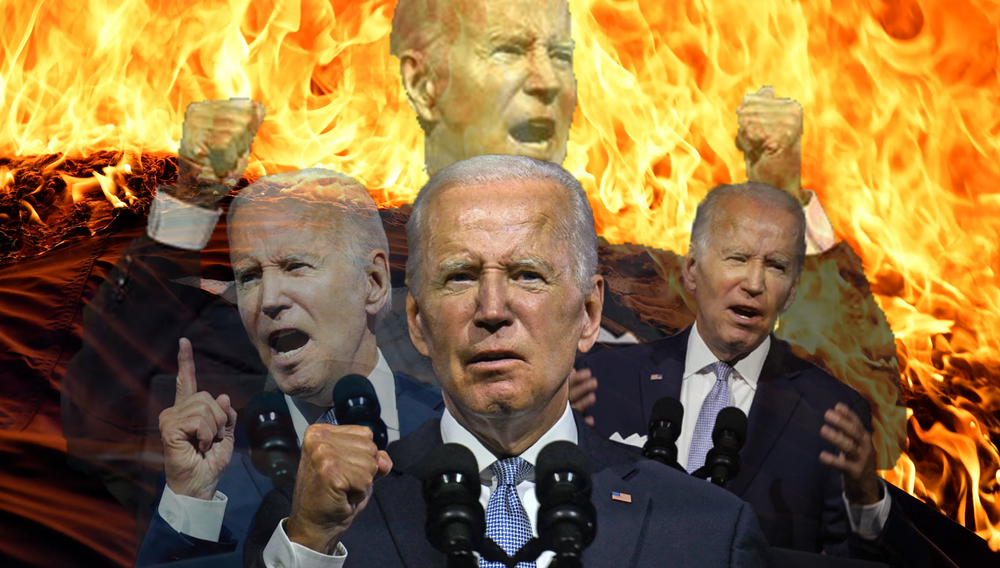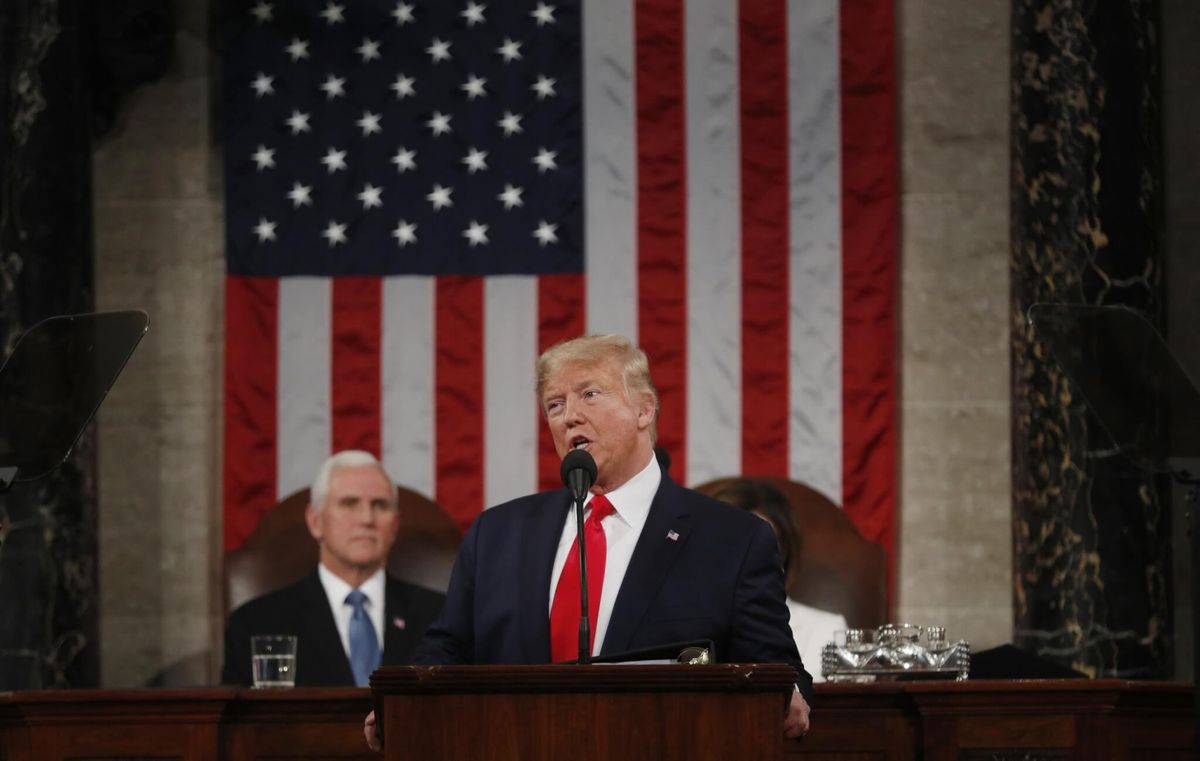
5 Takeaways From Trump’s Impeachment Acquittal
More than four months after House Democrats launched an impeachment inquiry into President Donald Trump's conduct, the Senate on Wednesday voted along near party lines to acquit the president of abuse of power and obstruction of Congress.
The widely expected outcome likely will have far-reaching implications for the government and political system, many experts agree.
Here are five important takeaways:
Unprecedented partisanship may have made it virtually impossible to remove future presidents from office
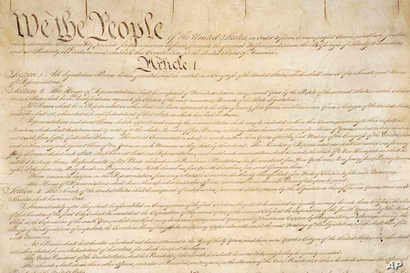
It never was going to be easy to impeach and convict a president. The U.S. Constitution sets a very high threshold for removing a misbehaving president from office — a majority vote of the House and a two-thirds vote of the Senate after conducting a trial. Only three American presidents — Andrew Johnson, Bill Clinton and now Trump — have been impeached, but none has been convicted.
Yet in the current period of deep national ideological and political divisions, it may have become all but impossible to oust a president. As long as the president’s party stands by him and controls the Senate, critics say, he can feel safe from the threat of removal, no matter how egregious his conduct.
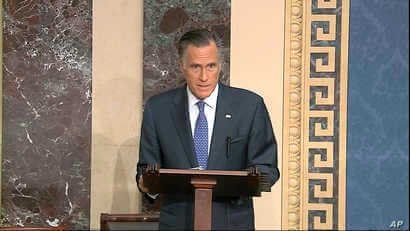
Party fidelity was on full display throughout the Trump impeachment. Not a single Republican joined in the House vote to impeach the president. The Senate acquittal vote was just as divided, with the exception of Sen. Mitt Romney of Utah casting the lone Republican vote to convict Trump of abuse of office.
In the 1970s, when Congress considered impeaching Richard Nixon over the Watergate scandal, the ideological divide between the two parties was nowhere near as rigid. There were liberal Republicans and conservative Democrats in Congress. Although Nixon ultimately resigned to avoid impeachment, six Republicans on the House Judiciary Committee crossed party lines to recommend articles of impeachment.
The 2020 presidential election outcome may validate the wisdom of impeachment — or not
When Trump was impeached, some wondered if impeachment was going to become the new normal in American politics. Republicans warned that the bar for presidential impeachments had been lowered to the point where Congress could impeach a president over mere policy disagreements.
The jury is still out on whether the proceeding against Trump will usher in a new era of perpetual partisan impeachment. A clue to how it plays out could come as early as the November U.S. presidential election, said Peter Shane, a constitutional law professor at Ohio State University.
If Trump wins re-election, it could likely blunt congressional appetite for impeachment, he said. On the other hand, a Democratic victory could vindicate the House Democrats' pushing for impeachment.
"If it turns out that Democrats seem to do better in the fall because they’ve gone through this experience, maybe the lesson for future Houses of Representatives is, keep at it, even if you don’t get to remove the president,” Shane said.
Trump’s acquittal raises the bar for abuse of power as an impeachable offense
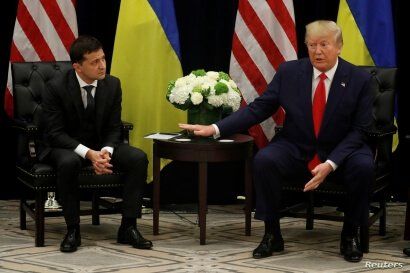
The first of two articles of impeachment accused Trump of abuse of power in connection with his efforts to persuade the Ukrainian president to announce an investigation of former Vice President Joe Biden and his son.
Republicans acquitted Trump of the charge because they believed the alleged abuse of power did not rise to the level of an impeachable offense. Critics say that's likely to raise the bar for just how serious an abuse a president has to commit in order to face impeachment.
The balance of power has swung in favor of the executive branch

The constitutional principle of separation of powers was front and center during the impeachment trial. Independent Sen. Angus King of Maine warned last week that acquitting Trump of obstruction could shift the balance of power between Congress and the executive branch. “
It would be the largest transfer of power from Congress to the executive in the history of the country,” King warned.
Designed to prevent the concentration of power in any one branch of government, separation of powers is “the reason America is such a free country,” the late Supreme Court Justice Antonin Scalia once famously said.
During the Senate trial, much of the debate over the second article of impeachment — obstruction of Congress and its oversight — revolved around separation of powers. While House impeachment prosecutors warned that acquitting the president of obstructing Congress would lead to an “imperial presidency,” the president’s lawyers insisted that it would undermine executive power.
The extent to which the acquittal will affect the balance of power between Congress and the executive is an open question. In recent decades, the balance has swung in favor of the executive, as presidential powers on domestic and foreign affairs have steadily increased.
The acquittal “will certainly increase the temptation for future presidents to resist congressional oversight in the way that Trump has because he will, in a sense, have gotten away with it,” Shane said. “It may be that other presidents will feel that intermixing their personal goals with national security goals … is OK."
In the long run, however, “what constrains this whole process is how the people in power think their political fortunes are going to be affected by the public at large,” Shane said.
A trial without witnesses may have set precedent
For the first time in more than 200 years, the Senate conducted an impeachment trial without witnesses, despite a dogged Democratic push for testimony. Deriding the break with tradition as a mockery of justice, Democrats warned it would set a dangerous precedent.
Republicans countered that they, too, did not wish to set a precedent of sorts by calling witnesses that the House should have summoned in the first place. A precedent has been nonetheless set, experts say, one that will likely influence how Congress in the future approaches impeachment proceedings.
 US Senate Acquits Trump of 2 Articles of ImpeachmentNext PostTrump Impeachment Acquittal a Watershed Moment for Him, US
US Senate Acquits Trump of 2 Articles of ImpeachmentNext PostTrump Impeachment Acquittal a Watershed Moment for Him, US
